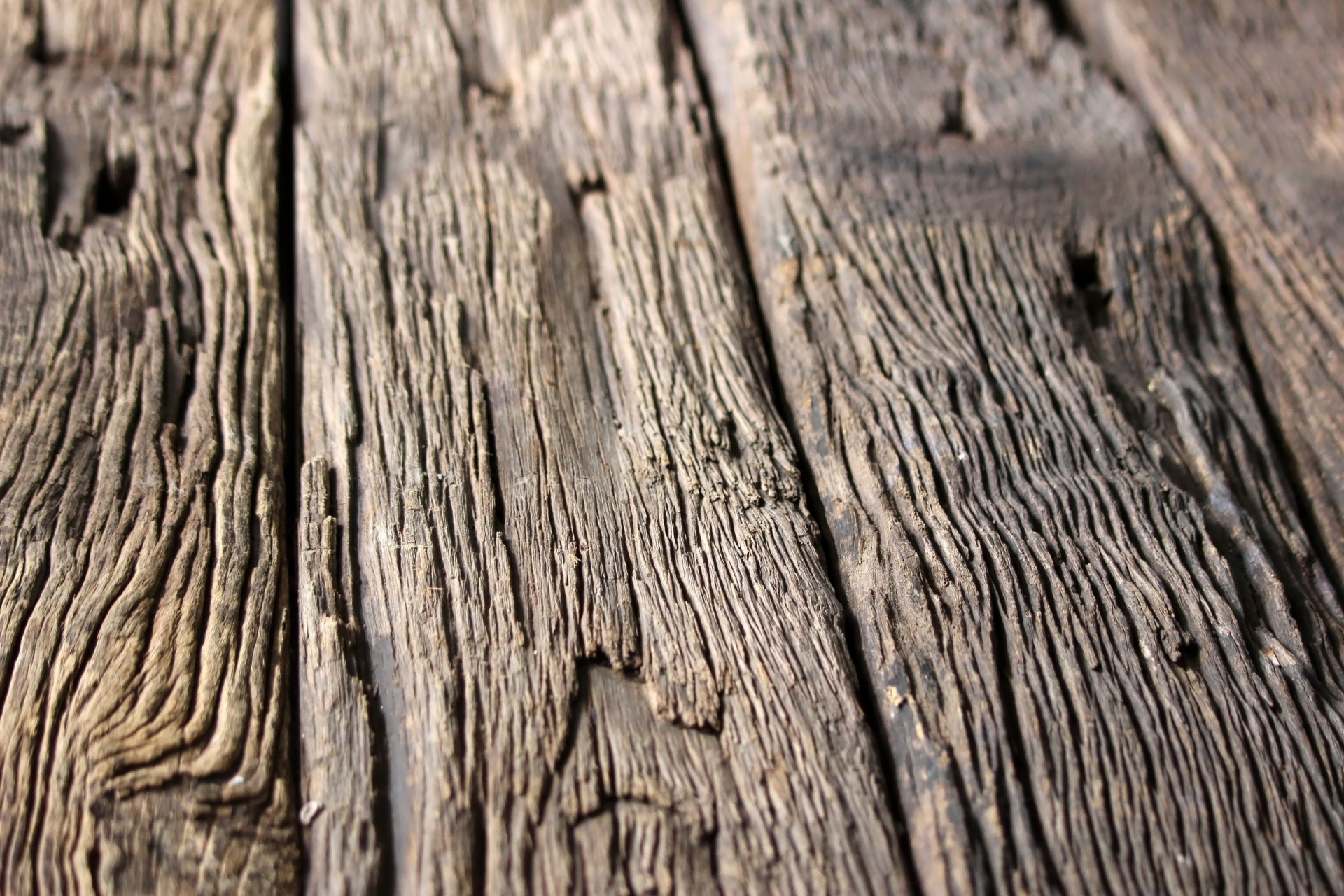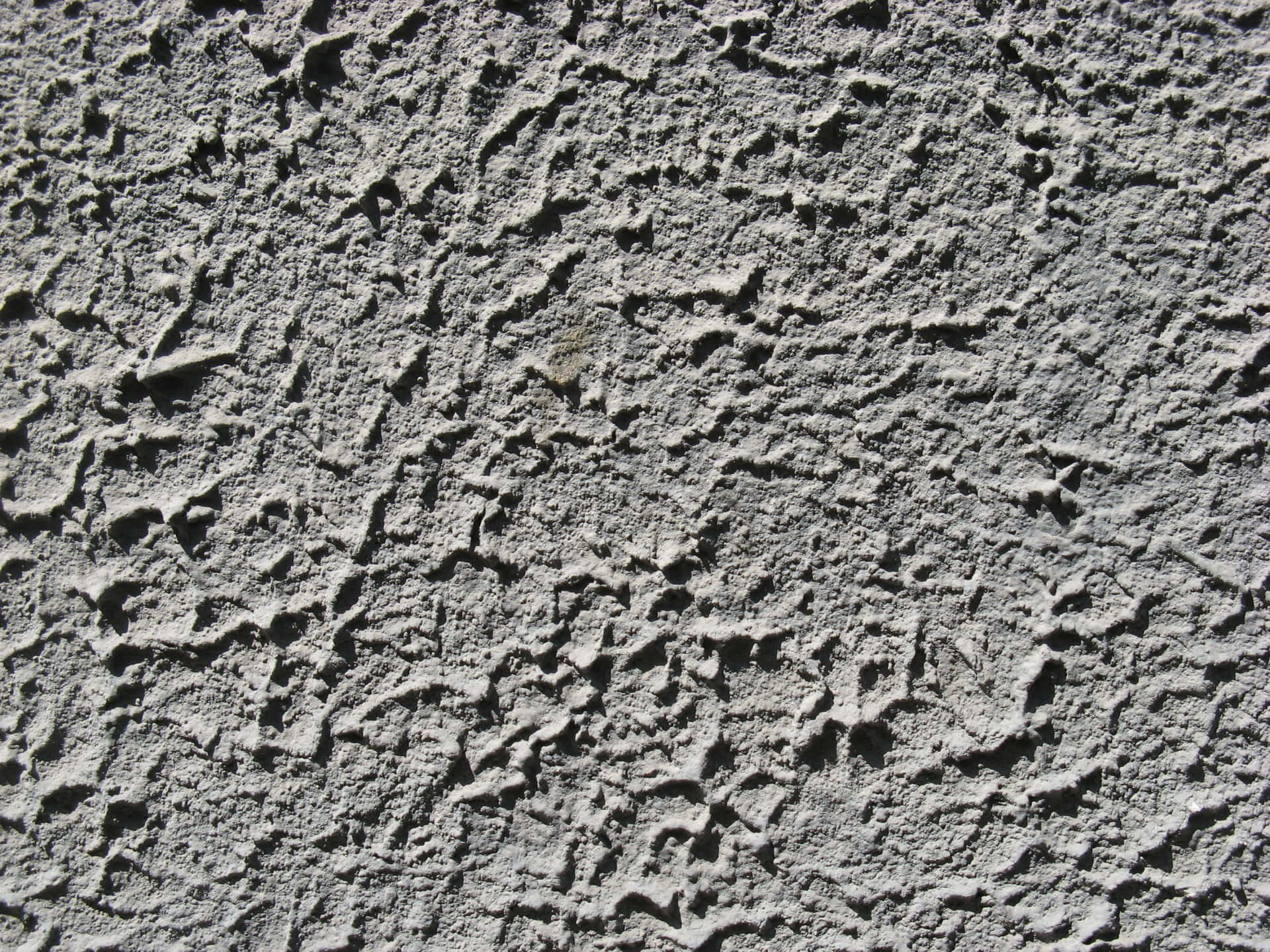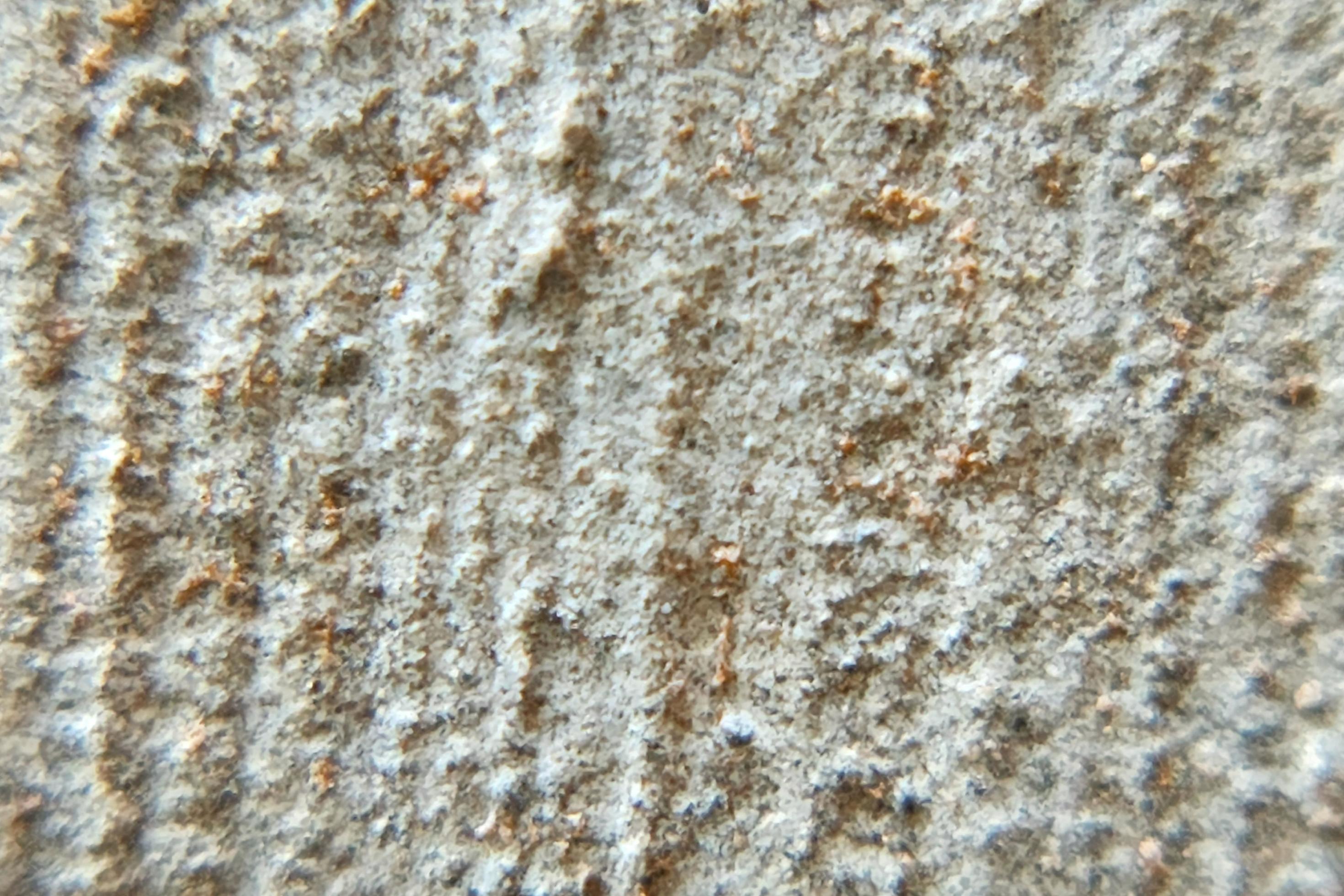Rough Ends
Life, for many of us, feels like a piece of fabric, sometimes woven with threads that do not quite line up. We often come across parts that feel a bit unfinished, perhaps a little frayed at the edges. These spots, these little imperfections, are what we might call the "rough ends" of our existence. They are the moments or situations that are not quite smooth, not perfectly polished, or simply feel a bit out of sorts.
It's interesting, you know, how these bits and pieces show up in so many different ways. They could be about a task at work that just does not seem to get to a neat close, or maybe a conversation that leaves things feeling a bit unsettled. They might even be about something personal, a habit we want to change but just cannot seem to get a proper hold of. These parts are, in a way, the places where things feel a little unrefined, a little less than ideal.
Rather than looking at these less-than-perfect spots as something to fix immediately or to ignore completely, we could consider them as signals. They tell us where some attention might be useful, or where a different approach could bring about a sense of calm. This idea of "rough ends" really helps us think about those parts of life that are not perfectly smooth, offering us a chance to look at them with a bit more kindness and a gentle hand, too.
Table of Contents
- What Exactly Are "Rough Ends"?
- The Unfinished Nature of Rough Ends
- Where Do We Encounter Rough Ends?
- Everyday Moments with Rough Ends
- How Do We Approach Rough Ends Gently?
- Practical Steps for Smoothing Rough Ends
- Can Rough Ends Offer Us Something Positive?
- Finding Value in Our Rough Ends
What Exactly Are "Rough Ends"?
When we talk about "rough ends," we are really pointing to those parts of things that are not quite even or smooth. Imagine a surface that has little bumps or ridges on it; it does not feel flat or sleek to the touch. That feeling, that sense of something being a bit off, is a good way to picture what we mean. It is not about something being completely broken, just that it lacks a certain finish or polish. For example, a piece of wood that has not been sanded down, you know, it feels coarse and not fine at all. This kind of unrefined quality is a core part of what makes something a "rough end."
These rough spots can also mean something that is not precise or exact. Think about a quick sketch of an idea, rather than a detailed drawing. It gives you the general shape, but it is not perfectly formed. That approximation, that general idea, is another kind of rough end. It is not bad, just not fully defined. Or, in a different way, consider a path that is difficult to walk on, full of stones and dips. It makes the journey a bit of a challenge, and that unevenness is definitely a rough end. So, it is really about anything that shows signs of being unpolished or having a less-than-perfect texture, whether that is a physical object or an idea, or even a feeling, in some respects.
Sometimes, too, a rough end can point to something that feels a little uncultivated or wild, like land that has not been tended to in a while. It has grown freely, without much order, and that untamed quality is another aspect of what "rough" can mean. It does not follow a strict pattern or rule. Or, it could be about something that is of a lower quality, perhaps not made with the best care or materials. This inferiority, this sense of being less than top-notch, also fits the description. It is really about those spots where things are not quite as refined or as easy as they could be, giving us a lot to think about when we consider how we deal with them.
The Unfinished Nature of Rough Ends
The very idea of rough ends often points to things that are not quite complete. It is like having a project that is nearly done but still has a few loose threads hanging. These are the parts that require just a little more attention to bring them to a proper close. It is not that they are wrong, just that they are still in a state of becoming, rather than being fully realized. This state of being unpolished or unrefined is very much at the core of what makes something a rough end, you know.
Think about a piece of writing that is a first draft; it has the main ideas down, but the words might not flow smoothly, and the sentences might feel a bit disjointed. That initial version, with its lack of refinement, is a classic example of rough ends. It needs more work, more shaping, to reach its full potential. The meaning is there, but the way it is presented is still a bit uneven, still a bit unformed. This applies to so many areas, from creative work to daily tasks that just do not get a proper wrap-up.
Moreover, these unfinished qualities can sometimes feel a bit difficult to manage. A situation that is not resolved, for instance, can leave a lingering sense of unease. It is like a surface that is not smooth; it catches your attention because it is not quite right. These rough ends are not always about a lack of effort, but often about the natural process of things taking time to come together. They represent the parts of life that are still in progress, still waiting for that final touch, and that is perfectly okay, too.
Where Do We Encounter Rough Ends?
You might find these rough ends showing up in all sorts of places, not just in physical objects. They appear in our daily interactions, in our personal projects, and even in our thoughts. Consider a conversation with a family member that does not quite reach a clear understanding, leaving a feeling of things being a little unsettled. That unresolved feeling, that sense of something being left hanging, is a kind of rough end. It is not a fight, just a part of the talk that did not get smoothed over, you know.
At work, too, we often come across rough ends. Maybe it is a report that needs a final review, or a task that has been put on hold and now sits there, not fully completed. These bits of work that are not entirely finished, that still require some attention, represent those unpolished parts of our professional lives. They are not necessarily problems, but rather areas that need a bit more effort to bring them to a proper conclusion. It is a common thing, really, to have these sorts of ongoing elements in our work, and that is just how things often go.
Even in our personal lives, we see these rough ends. Perhaps it is a small habit we want to change, but we keep falling back into old ways. The effort to break free, the times we do not quite succeed, these are also rough ends. They are the parts of ourselves that are still a bit unrefined, still needing a bit more work to become what we wish. It is a very human experience to have these areas where we are still growing, still shaping ourselves, and that is something we all deal with, more or less.
Everyday Moments with Rough Ends
Every single day, we encounter little spots that just are not perfectly smooth. It could be the way a new skill feels when you first try it, a bit clumsy and uncoordinated. That initial awkwardness, that lack of fluid motion, is a rough end in the learning process. It is a sign that practice is needed, that the movements need more refinement. We all go through this when picking up something new, so it is a pretty common experience, actually.
Consider, for instance, the planning of a simple get-together. You might have the main idea, but some details, like who brings what or the exact timing, are still a bit up in the air. These unconfirmed elements, these parts that are not yet set in stone, are rough ends. They are the loose pieces that need to be brought together for the whole plan to feel complete. It is just a part of putting things together, really, that some bits remain a bit open-ended until the very last moment.
Even in our surroundings, we can spot these rough ends. A garden that is a little overgrown, with plants spreading out in an untamed way, shows its rough edges. The wildness, the lack of a neat boundary, is a kind of rough end. It is not necessarily bad, but it shows a natural, unmanaged state. These are just everyday examples of how things are not always perfectly ordered or finished, and that is simply how the world often presents itself, you know.
How Do We Approach Rough Ends Gently?
When faced with these rough ends, a gentle approach can make a world of difference. Instead of trying to force things into a perfect shape right away, we can begin by simply noticing them. Acknowledging that something feels a bit unfinished or uneven is the first step. It is like feeling a coarse fabric; you recognize its texture without needing to change it immediately. This quiet observation allows us to see what is there without judgment, which is very helpful, honestly.
One way to deal with these spots is to take very small, deliberate actions. If a task feels overwhelming because it has so many unpolished parts, pick just one tiny piece to work on. For instance, if a report has rough ends in its language, choose one paragraph to rephrase. This small effort, this single step, starts the process of smoothing things out without creating a sense of pressure. It is about making progress, even if it is just a little bit at a time, so.
Another helpful method is to seek out different perspectives. Sometimes, our own view of a rough end can be the very thing that makes it seem so difficult. Talking to someone else, or simply stepping back and looking at the situation from a new angle, can reveal simple ways to make things better. A fresh pair of eyes can often spot solutions that we might miss when we are too close to the issue. It is about opening ourselves to new ideas, which can really help make those uneven parts feel more manageable, too.
Practical Steps for Smoothing Rough Ends
To really get a handle on these rough ends, consider breaking down any large, unpolished area into smaller, more manageable parts. If you have a big project with many unfinished elements, list each one out. Then, choose the simplest one to start with. This makes the task seem less daunting and gives you a clear point of action. It is about turning a big, general problem into a series of small, specific tasks, which is usually a good way to go about things.
Another practical step involves giving yourself permission for things not to be perfect right away. Often, we expect immediate smoothness, but the reality is that many things require a process of refinement. Accepting that initial unpolished state allows you to work through it without feeling discouraged. It is like knowing a first draft will have mistakes; you expect it, and that expectation helps you keep going. This shift in mindset can make a big difference when dealing with rough ends, you know.
Finally, celebrate any small improvement you make. Even if you only smooth out a tiny part of a rough end, acknowledge that effort. This positive reinforcement helps build momentum and makes the entire process feel more rewarding. It is about recognizing that every little bit of progress counts, and that each small step brings you closer to a more refined outcome. This kind of positive outlook can really help when you are trying to make things better, honestly.
Can Rough Ends Offer Us Something Positive?
It might seem strange, but these rough ends, these parts that are not quite finished or smooth, can actually hold a lot of value. They are often the places where we learn the most about ourselves and about how things work. When something does not go perfectly, or when a task is more difficult than expected, we are forced to think differently and find new ways to approach it. This challenge, this need to adapt, is where real growth often takes place, in a way.
Think about a piece of unpolished stone. It might not look beautiful at first glance, but within its coarse exterior, there is potential for something remarkable. The process of shaping it, of working with its natural unevenness, is what brings out its true character. Similarly, our rough ends can push us to develop new skills or to understand situations more deeply. They are not just imperfections; they are opportunities for development, which is quite interesting, really.
Moreover, these rough spots can help us appreciate the moments when things do go smoothly. When you have worked through a difficult, unrefined situation and finally brought it to a good place, the sense of accomplishment is much greater. The contrast between the initial challenge and the eventual success makes the achievement feel more meaningful. So, in a sense, the rough ends give definition to the polished parts, making the good outcomes feel even better, too.
Finding Value in Our Rough Ends
One key way to find value in our rough ends is to see them as sources of information. When something feels uneven or imprecise, it tells us something important about what needs attention. It is like a feedback system, pointing out areas where clarity or refinement is needed. This information, this signal, helps us direct our efforts more effectively. It is a guide, really, showing us where to focus our energy for the best results, so.
These less-than-perfect parts can also build our capacity to deal with future challenges. When we successfully navigate a difficult, unpolished situation, we gain experience and confidence. This prepares us for other times when things are not perfectly smooth. Each time we work through a rough end, we add a new tool to our personal kit for handling life’s inevitable bumps. It is about building resilience, which is a very important quality to have, you know.
Finally, rough ends can foster a greater sense of authenticity. Life is not always neat and tidy, and pretending it is can create a lot of pressure. Embracing the unpolished parts of our experiences allows us to be more real, both with ourselves and with others. It shows that we are human, that we are learning, and that we are okay with the process of becoming. This acceptance of imperfection can be incredibly freeing, and it is something we all could use a bit more of, honestly.

Rough Wood Texture Free Stock Photo - Public Domain Pictures

Download Rough Texture Rugged Coarse Concrete Finish Wallpaper

photo macro abstract object surface with natural rough texture